Decision Branching – switch/case
Lab: Building Blocks of Programming
Video Runtime: 07:47
There are times when you need to make multiple decisions. In these cases, the level of branches grows. Programming languages give you an alternative with the switch/case construct.
Your key takeaways are:
- Switch/case more concise representation of an if/else if/else conditional control statement
- Don’t have to repeat the conditional comparison in each branch
- Easier to read
- Gives you control to determine what code to run (execute)
Study Notes
Below is some pseudocode to show a multistate decision tree:
| if ( weatherCondition == 'sunny' ) | |
| go for a walk | |
| else if ( weatherCondition == 'raining' ) | |
| dance in the rain | |
| else if ( weatherCondition == 'foggy' ) | |
| sound the fog horn | |
| else if ( weatherCondition == 'snowing' ) | |
| build a snowman | |
| else | |
| read a book |
Convert the multi-state decision tree into a less verbose format with a switch/case statement:
| switch ( weatherCondition ) | |
| case 'sunny': | |
| go for a walk | |
| break; | |
| case 'raining': | |
| dance in the rain | |
| break; | |
| case 'foggy': | |
| sound the fog horn | |
| break; | |
| case 'snowing': | |
| build a snowman | |
| break; | |
| default: | |
| read a book |
Anatomy of the Switch Statement
| switch ( expression ) // expression's value is matched to each of the case statements. | |
| case value1: // If the expression matches this value, then do this block of code. | |
| // do something | |
| break // stop and jump out of the switch | |
| case value2: | |
| // do something | |
| break | |
| case value3: | |
| // do something | |
| break | |
| default: // "else" catch all code block If none of the others match, then do this one. | |
| // do something |
Switch Statements in Other Languages
| switch ( weatherCondition ) { | |
| case 'sunny': | |
| printf("go for a walk"); | |
| break; | |
| case 'raining': | |
| printf("dance in the rain"); | |
| break; | |
| case 'foggy': | |
| printf("sound the fog horn"); | |
| break; | |
| case 'snowing': | |
| printf("build a snowman"); | |
| break; | |
| default: | |
| printf("read a bookâ€); | |
| } |
| switch ( weatherCondition ) { | |
| case "sunny": | |
| document.write("go for a walk"); | |
| break; | |
| case raining": | |
| document.write("dance in the rain"); | |
| break; | |
| case "foggy: | |
| document.write("sound the fog horn"); | |
| break; | |
| case "snowing": | |
| document.write("build a snowman"); | |
| break; | |
| default: | |
| document.write("read a bookâ€); | |
| } |
| switch ( $weatherCondition ) { | |
| case 'sunny': | |
| echo 'go for a walk'; | |
| break; | |
| case 'raining': | |
| echo 'dance in the rain'; | |
| break; | |
| case 'foggy': | |
| echo 'sound the fog horn; | |
| break; | |
| case 'snowing': | |
| echo 'build a snowman'; | |
| break; | |
| default: | |
| echo 'read a book'; | |
| } |
Whoever says that coding is hard, just smack them.
Episodes
Total Lab Runtime: 02:17:55
- 1 Lab Introductionfree 06:21
- 2 User-Friendly Expression of Informationfree 22:42
- 3 Fundamentals of Syntaxfree 08:57
- 4 Decision Branching - if/then/elsefree 10:39
- 5 Decision Branching – switch/casefree 07:47
- 6 Basics of Iterationfree 14:14
- 7 Iteration in Practicefree 12:51
- 8 Order of Executionfree 10:55
- 9 Abstractionfree 11:45
- 10 Scoping – Who Can Communicate With Whomfree 31:44
